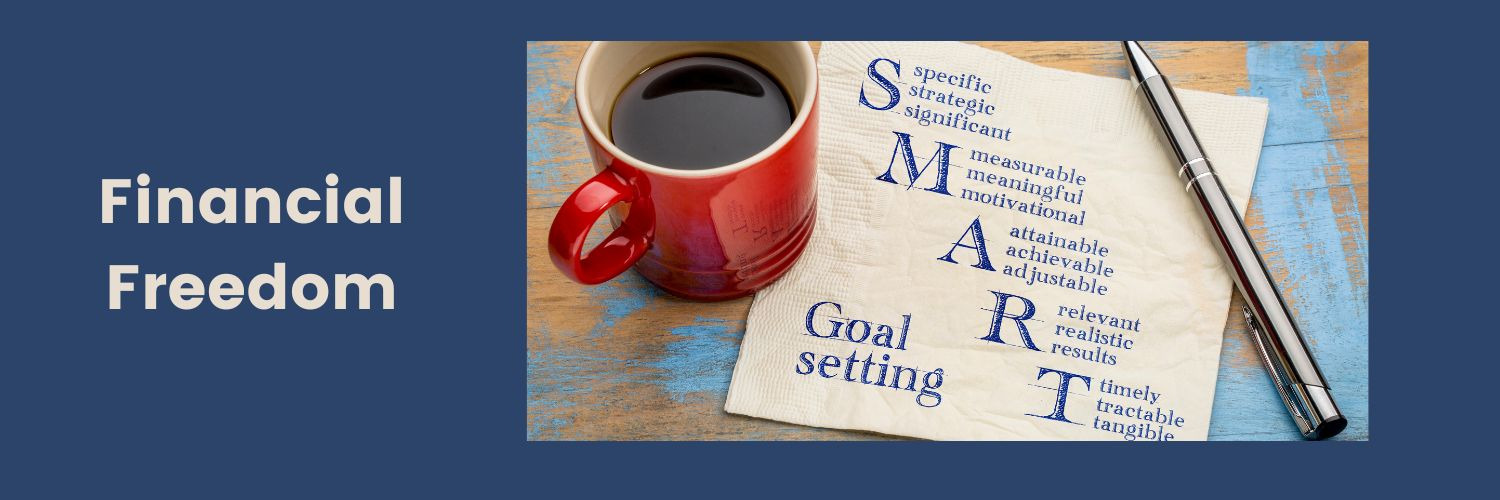Graduating Debt Free: An Achievable Goal

By Michael Ginder
The average student spends on 4-year degree ($21,000/ year) AFTER financial aid has been applied. Student graduates are left with significant debt as they start families and begin their careers. Proverbs 22:7 says, “The rich rule over the poor, the borrower is slave to the lender.” It’s not uncommon for students to find themselves as “slaves to the lender” right after graduation. As a result, graduates may be forced to take the most accessible higher paying job to pay for loans instead of stepping into a calling God has placed on their life. However, a mortgaged future is not the only option. Let’s explore some practical ways to graduate with minimal or even no debt at all!
CLEP and ICE exams
What is it?
- CLEP (Nationwide) and ICE (Liberty Specific) exams are one-time tests that give you automatic credits for the class assuming you pass the exam.
How much will it cost?
- CLEP tests cost $89
- ICE exams cost $130
Tips:
- Study! These are not easy exams and will require a keen understanding of the subject going into the exam. There are often study materials available for the specific exams.
Work Study
Why Work Study?
- Money: By working no more than 20 hours per week you can earn up to $4,000 a year. That’s $16,000 over a four-year span.
- Experience: A work study can give you professional experience in the field that you are interested in, as well as making potentially valuable and mutually beneficial connections!
- Performance: Studies have shown that students who participate in a work study perform better and are more productive than their peers who are not involved in work study.
Tips:
- Look for jobs where you can do homework while you work
OR
- Find a work study that gives you experience in the field you are pursuing. Even if you don’t work specifically in your future field, try finding jobs where people can either mentor you or provide connections.
Scholarships
Why Apply for Scholarships?
- Scholarships can be a great way to cover a large chunk of tuition at a time with minimal effort.
Where to look?
- Large scholarship funds: (Ex: Taco Bell or Coke) One of my best friends recently won a $25,000 Taco Bell scholarship! The bigger the fund, the greater the opportunity to be selected.
- Local scholarships: (Ex: Rotary Clubs) Often there is a better chance of winning a local scholarship due to the smaller pool of applicants. You can boost your odds even more by building a personal relationship with the individuals associated with the scholarship fund.
- Liberty’s website: There are numerous scholarships available on Liberty’s website that you may be eligible for. I specifically recommend checking into the “Middle America Scholarship” for individuals whose families income places them in the middle class.
Tips:
- Make sure you are applying for FAFSA and any other potential government or state aid you may be eligible for.
- Get Involved! Many scholarships are looking for people who are actively involved in their community. Go join a club or accept a leadership role on campus.
- Be specific. Think of characteristics about yourself that make you unique. (Ex: Career, ethnicity, passions) The more specific you can be the less competition you will have!
Accumulating debt is not a requirement to receive a diploma. You can make changes today that will have the potential to radically alter your future. With a little research, creativity, and hard work, graduating with minimal or no debt is possible. You will trade the anxiety and stress of debt for financial peace and freedom. This trade-off will allow you to pursue your passions and chase after your goals whole heartedly and in the most efficient manner possible!
Keep in mind that there are numerous ways to save money and develop your own financial literacy. As you become educated, gaining control over your financial situation and student debt will become less and less of an issue. An easy way to develop your own financial literacy is to check out other blog posts by the CFL (Center for Financial Literacy) or schedule a Peer Financial Coaching session!


